The scenes in Dublin last Thursday shocked us all, with over 500 people rioting and looting shops in the centre of what has been traditionally viewed as the friendliest of Irish cities.
On O’Connell Street, buses and cars burned, as crowds of teenagers appeared to revel in the danger. The Gardaí, dressed in full riot gear, struggled to hold the lines.
After the horrific act of violence in Parnell Square, which saw three young children and their carer stabbed outside a school, elements of the far right decided that this was an opportunity to light the fuse, igniting an anger that has been simmering through the inner city for years.
But what led to tensions in Dublin finally reaching boiling point? And what makes people wilfully destroy their own city?
Firstly, we must acknowledge the creeping growth of a right-wing movement in the Republic of Ireland. Far right factions have been spreading for some time, and now appear to have taken root.
Many people in disadvantaged communities believe that the state looks down on them, treating them with contempt – a belief that is fuelled by the right-wing cheerleaders’ campaign of misinformation about asylum seekers and refugees. People participate in the destruction of their own city because they believe the streets don’t belong to them.
For the far right’s agents provocateurs, last week’s events were not accidental. This is all part of a deliberate strategy of waiting it out for that precise moment, like Thursday’s awful incident, where a fuse can be lit.
It has nothing to do with patriotism, nothing to do with the safety of women and children, which they will often broadcast as being their raison d’être. As we’ve seen recently, it has nothing to do with “protecting” anyone.
Concerns have not been listened to
Politicians have been targeted and, in scenes reminiscent of Trump’s America, the Dáil (Ireland’s house of representatives) was recently surrounded by a mob of around 200 people complaining about a multitude of issues, including Covid vaccines, sex education in schools, hate speech laws and immigration. At one point, they erected a mock noose, and TDs (politicians) had to be escorted out of the building by gardaí for their own safety.
The far right proclaim themselves to be Irish patriots, yet show no respect for representatives of the state, police or politicians, who are viewed as “traitors”. But LGBTQ+ groups, refugee support organisations, trade unions and social justice activists across Ireland have been warning about the rising threat of the far right for years now.
Concerns have not been listened to. In fact, the threats have frequently been minimised, both in the media and by some politicians.
We’ve repeatedly seen aggressive and illegal actions by the right being treated with a “softly, softly” approach, and mislabelled as “protests”; actions such as blocking roads, threatening asylum seekers, targeting direct provision accommodation, and attempting to shut down libraries.
Last week’s situation didn’t take place in a vacuum, and the people who allowed the situation to fester must be held to account.
You can’t simply legislate away systemic problems
I remember the London riots of 2011 well. I was managing drug and alcohol treatment services in south-east London, and many of the young people we worked with got caught up in the looting and destruction. They were sentenced harshly, by a criminal justice system that set out to make an example of them.
I’m certainly not defending their actions, but I will point out that crimes against property have always been sentenced disproportionately, especially when the people who get caught are poor and can’t summon up good character references. Demonising already disadvantaged groups pretty much ensures that the cycle of destruction will continue.
Loosening the grip of the far right in Ireland won’t be achieved by cops donning riot gear or borrowing a couple of water cannons
You can’t simply legislate away the systemic problems that blight the poorest parts of Dublin. There has been chronic underinvestment in areas around the city for years, rising homelessness, and a lack of safe spaces for young people, all of which have led to deeply rooted disadvantage and marginalisation.
Loosening the grip of the far right in Ireland won’t be achieved by cops donning riot gear or borrowing a couple of water cannons from the Police Service of Northern Ireland – we all know how well that strategy worked out. None of those measures will help to alleviate the epidemic of social deprivation in Dublin.
Change can come only from real investment, coupled with courageous and compassionate leadership, which is not currently visible, plus a genuine desire for improvement, which includes everyone in the community.
The city has suffered for too long, impacted by poor political decisions, greed and structural neglect. It feels unsafe, abandoned, grim. Dublin’s heart is barely beating, and it desperately needs restorative attention. Otherwise, those teenagers, and the generation after them, will continue to be easy recruits for the hatemongers of the far right.
Donna McLean is originally from Ayrshire and is a mum of twins, writer and activist
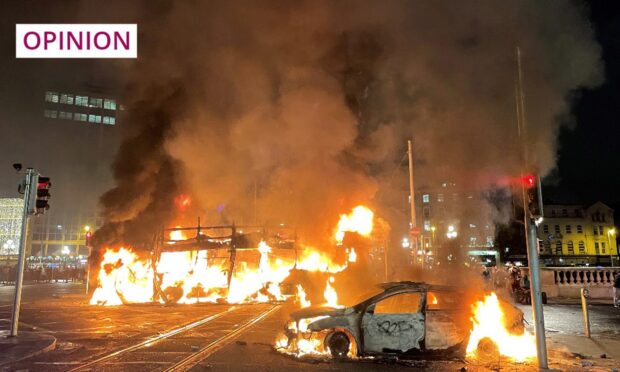

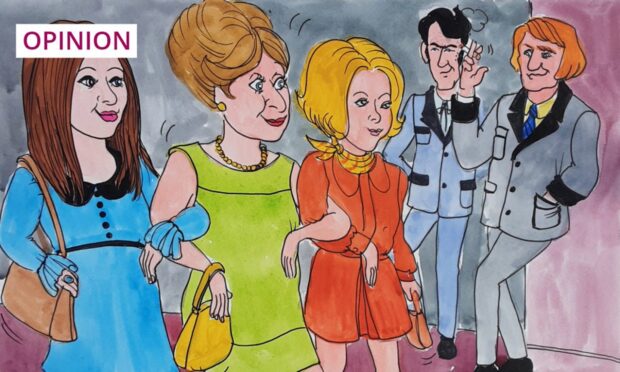
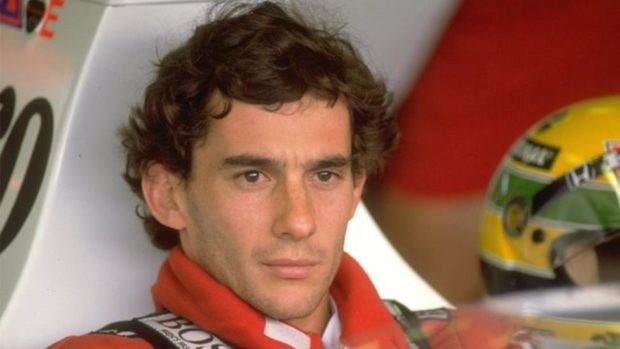

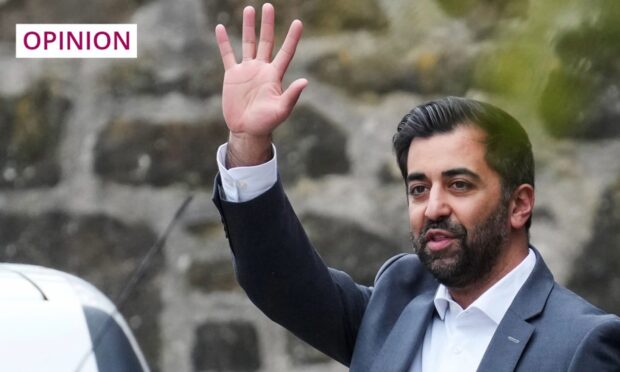
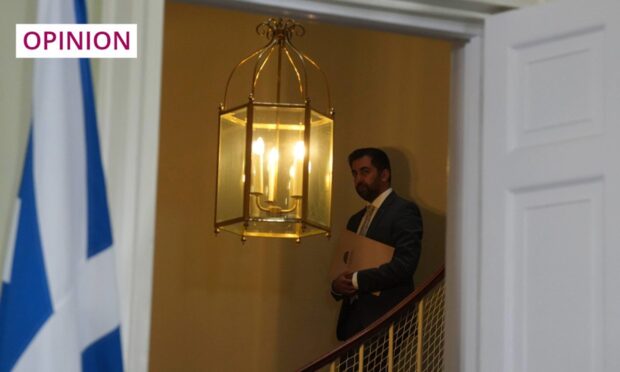





Conversation